At the scientific seminar series, four thematic reports were presented on topics ranging from equipment improvement, automation, to the development of radiopharmaceuticals applied in nuclear medicine.
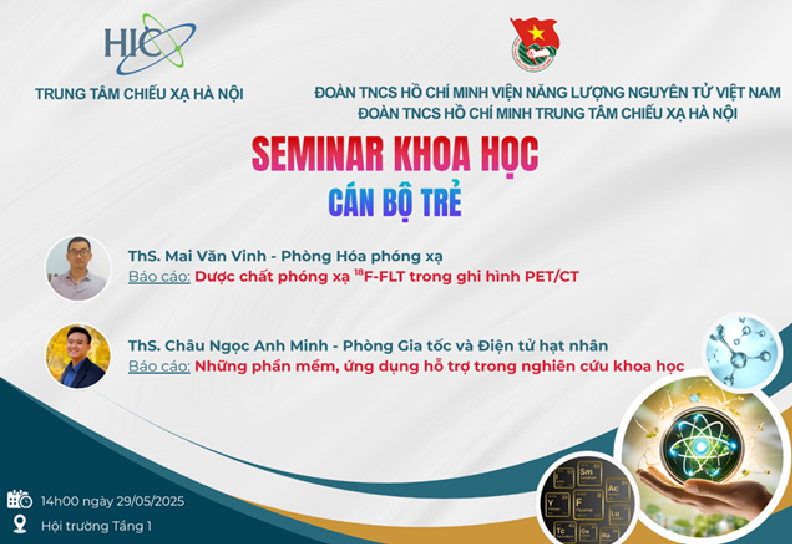
Building software to calculate radiation prices and optimize DCPX dose division program.
Researcher Nguyen Thanh Hung, Department of Accelerators and Nuclear Electronics, presented a presentation and introduced two highly applicable products. The irradiation pricing software has transformed the manual process into a digital system, handling many different types of goods, such as: Oriental medicine, medical instruments, medical tissues, fruits, etc. Each type of goods is priced based on specific parameters such as: size, density, required irradiation dose and volume. In particular, the software supports pricing for cases outside the standard catalog (special goods), automatically exporting Excel reports. The pricing software has helped simplify the process of making quotes, increasing accuracy and effectively supporting the accounting department to save time and minimize errors in calculations.
With the dosing program for the NDS-2000 device, Researcher Nguyen Thanh Hung has improved the program in the direction of not limiting the number of vials divided at a time, instead of only dividing a maximum of 4 vials as before. The new interface is intuitive, adding a cycle of drawing distilled water for injection and a feature to ensure device safety. The results show that the new process shortens the dividing time, increases operational flexibility without having to replace hardware - an optimal and cost-effective solution.
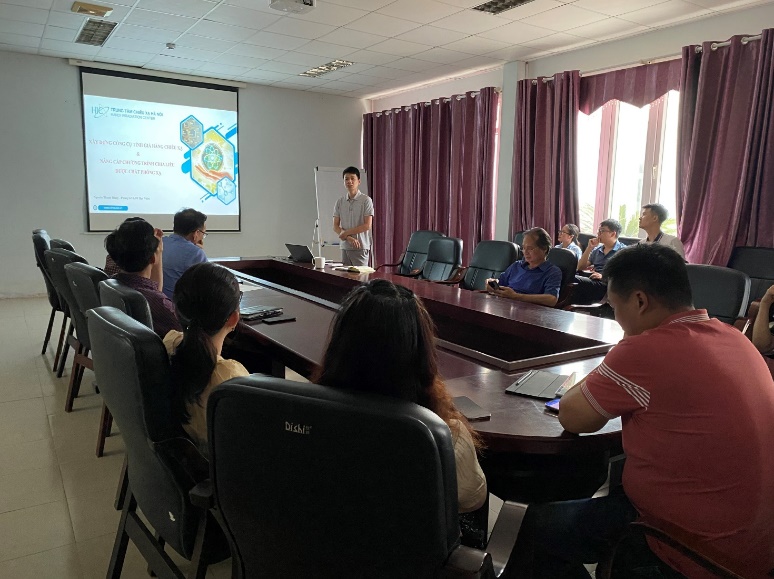
Researcher Nguyen Thanh Hung presented at the Workshop.
Applications of simulation and programming in scientific research
The report by MSc. Chau Ngoc Anh Minh, Department of Acceleration and Nuclear Electronics, has compiled and presented specific examples of modern design and simulation software such as SolidWorks, COMSOL Multiphysics, Geant4, PHITS and Python - powerful tools for processing output data and visualizing results, thereby emphasizing the role of digital tools in research and experimental design. COMSOL is highly appreciated for its ability to simulate multiphysics (thermal, electrical, mechanical, chemical), while Geant4 and PHITS excel in simulating particle-matter interactions, which are especially useful in radiation safety and design of shielding systems. The report also points out the differences between the software, such as COMSOL uses numerical methods to solve problems in continuous space and time, while Geant4 and PHITS are suitable for Monte Carlo simulation.
Combining these software tools increases precision and flexibility in experimental design, saves costs, and improves safety in radiation environments. Each tool has its own strengths, and when intelligently integrated into a research workflow, they open up remarkable potential in areas ranging from fundamental physics to high-tech applications.
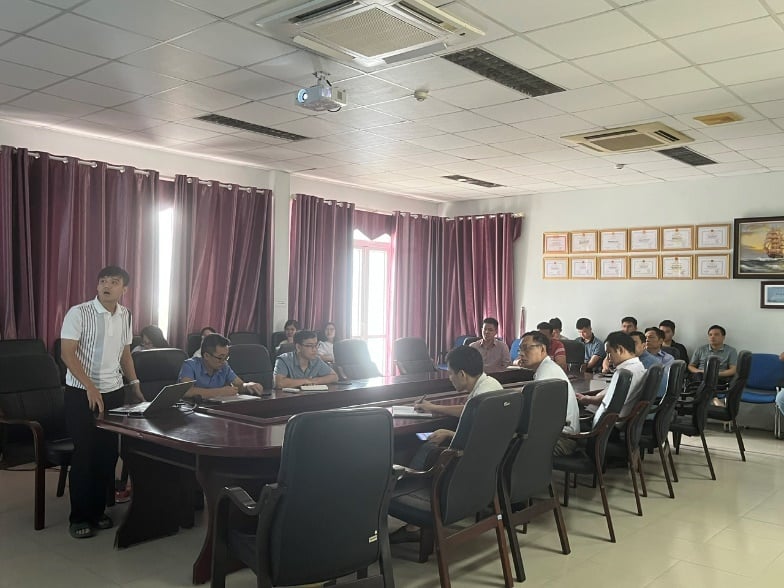
MSc. Chau Ngoc Anh Minh presented at the Workshop.
Synthesis of radiopharmaceutical 18F-FLT - A step forward in cancer diagnosis
MSc. Mai Van Vinh, Department of Radiochemistry presented the topic "Synthesis of radioactive drug 18F-FLT in PET/CT imaging". He clearly stated the applications of radiopharmaceutical (DCPX) 18F-FLT in diagnosing and monitoring patients with lung cancer, breast cancer, lymphoma and glioma.
The report also provides specific statistics on the research and synthesis of DCPX 18F-FLT in the world as well as in Vietnam, thereby introducing the synthesis process of DCPX 18F-FLT that the modules are currently applying, the products all meet the European Pharmacopoeia standards.
The reporter expressed his hope that in the near future, DCPX 18F-FLT will continue to be researched in Vietnam and licensed for use, in order to provide lung cancer patients with a new and effective diagnostic method.
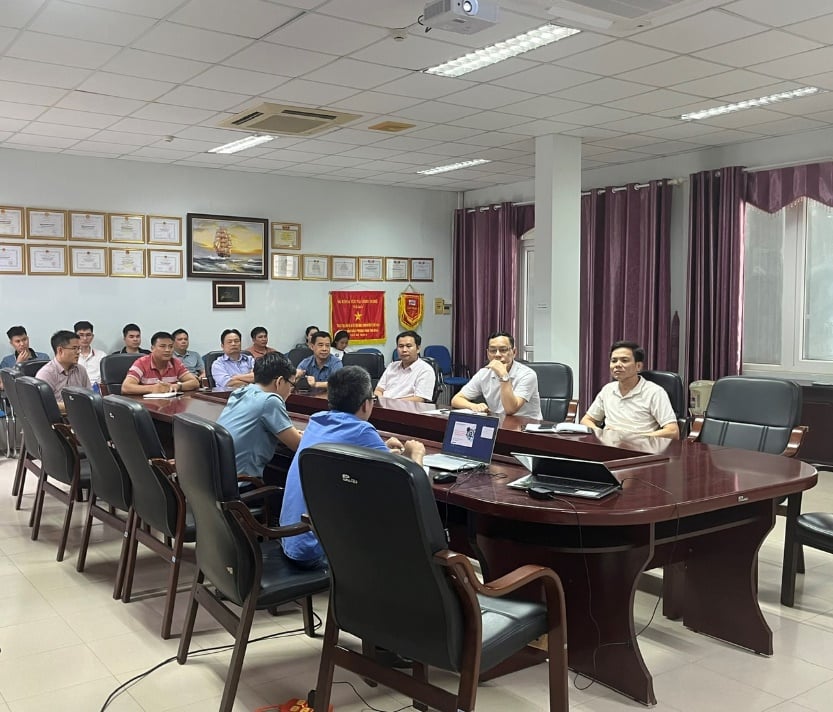
MSc. Mai Van Vinh presented at the Workshop.
Research on the synthesis of pharmaceutical substance 177Lu-PSMA-617 - A new direction in the treatment of prostate cancer
The report by reporter Ngo Thi Thu Thuy, Department of Radiochemistry, presented the synthesis process of 177 Lu-PSMA-617 - a radiopharmaceutical approved by the US Food and Drug Administration (FDA) and the European Medicines Agency (EMA). This pharmaceutical substance is used in targeted therapy to treat prostate cancer. With therapeutic effects (β⁻ rays) and SPECT imaging capabilities (γ rays), 177 Lu-PSMA-617 is highly effective in personalizing treatment and reducing toxicity for patients. The report also compared the synthesis method using an automatic module (such as iPHASE MultiSyn, PharmTracer) and a freeze-drying kit. In which, the automatic module gives high efficiency (91±4%), stable quality, suitable for centralized production facilities; while the freeze-drying kit is suitable for smaller facilities, not requiring complex synthesis infrastructure. The quality control indicators of radioactive pharmaceutical substance 177 Lu-PSMA-617 such as sensory, pH, radioactive purity, bacterial endotoxin, sterility... all meet the requirements.
Thus, the study of the synthesis process of 177 Lu-PSMA-617 is an important step towards the production of this drug and opens up new opportunities in the treatment of prostate cancer in Vietnam.
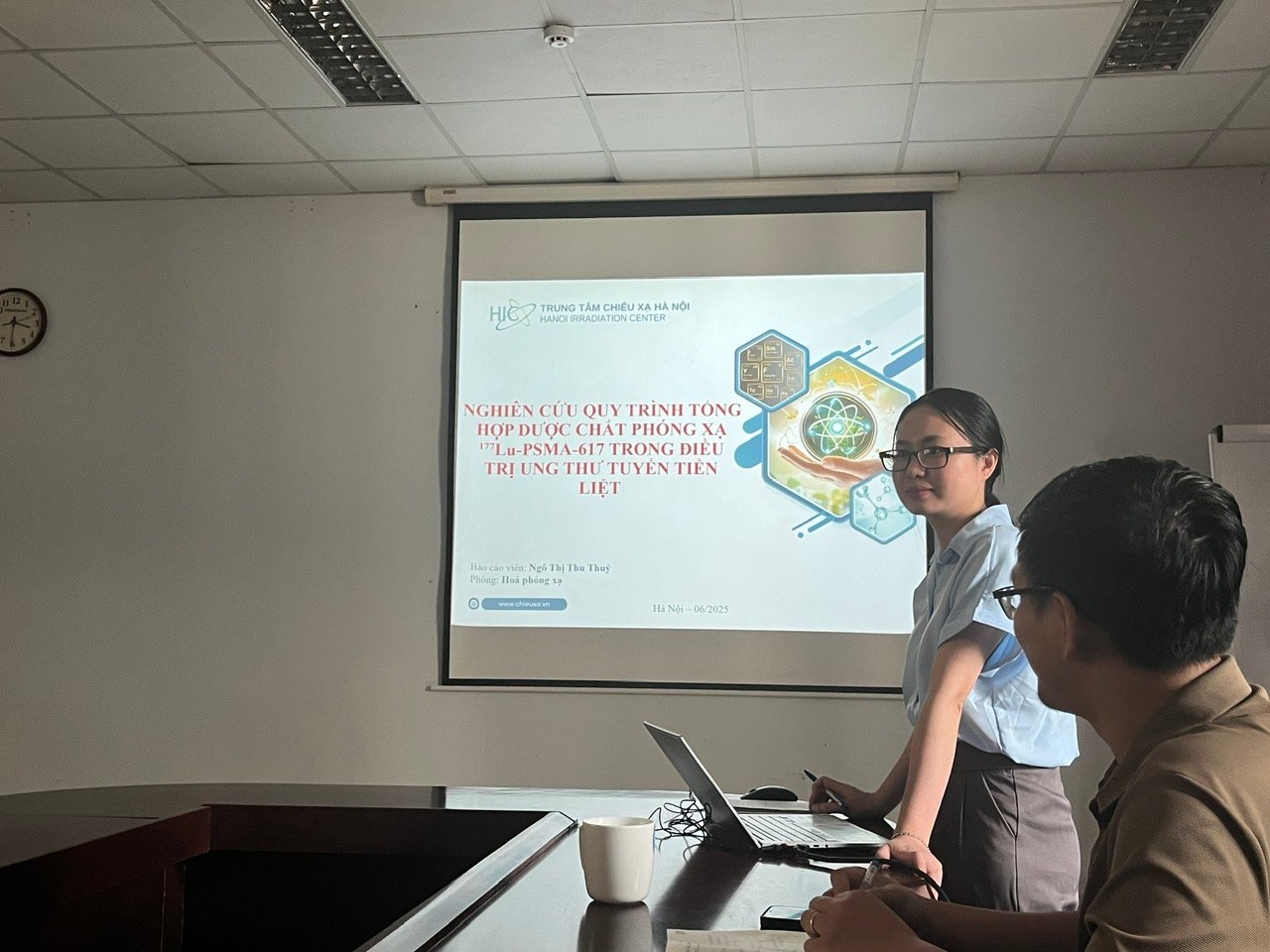
Reporter Ngo Thi Thu Thuy presented at the Workshop.
This series of seminars demonstrated the diversity and depth of research by the young staff of the Hanoi Irradiation Center, from system improvement, model simulation, to research on new pharmaceutical substances. Each report is not only academic but also demonstrates efforts in digital transformation, automation and technology localization.
Hanoi Irradiation Center
Source: https://mst.gov.vn/trung-tam-chieu-xa-ha-noi-tri-tue-tre-noi-hoi-tu-sang-kien-cong-nghe-va-ung-dung-thuc-tien-197250616084549142.htm













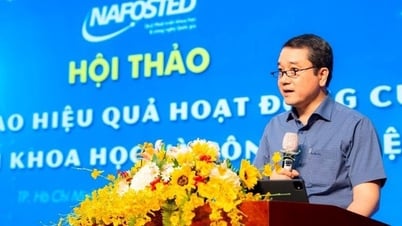
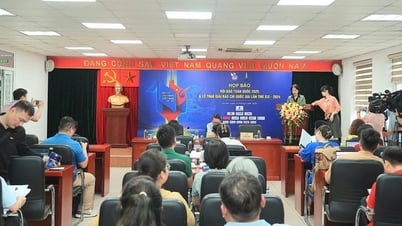




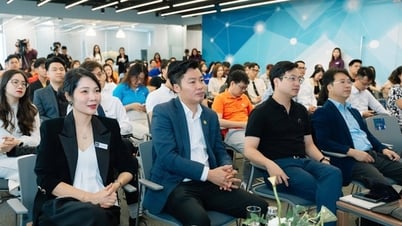
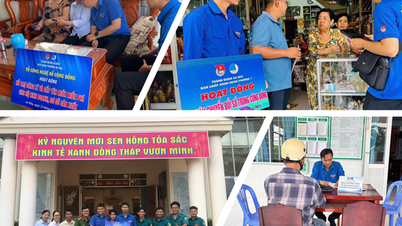
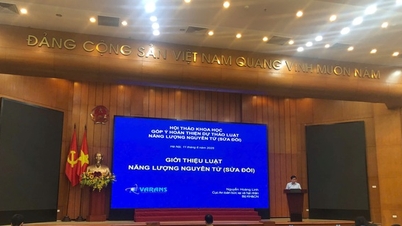
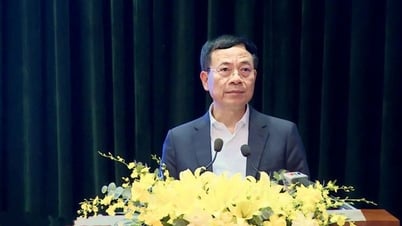
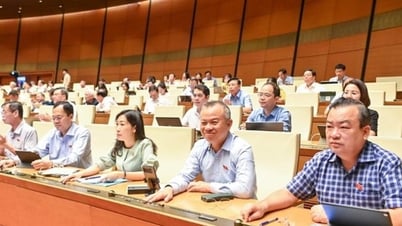
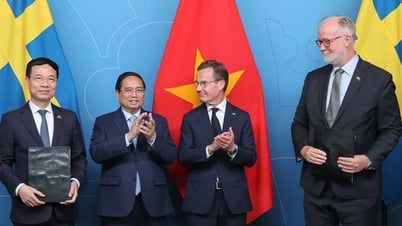





































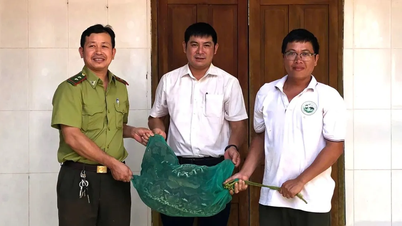



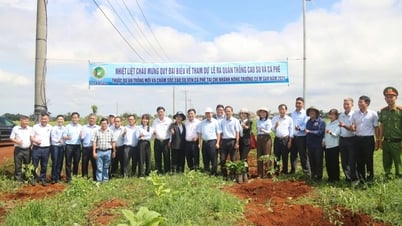





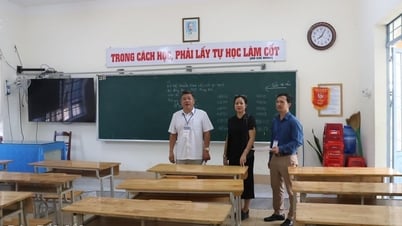







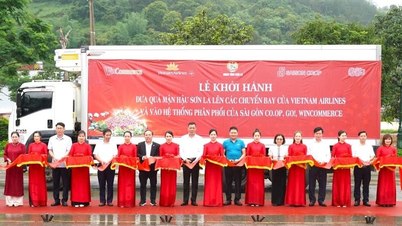








Comment (0)